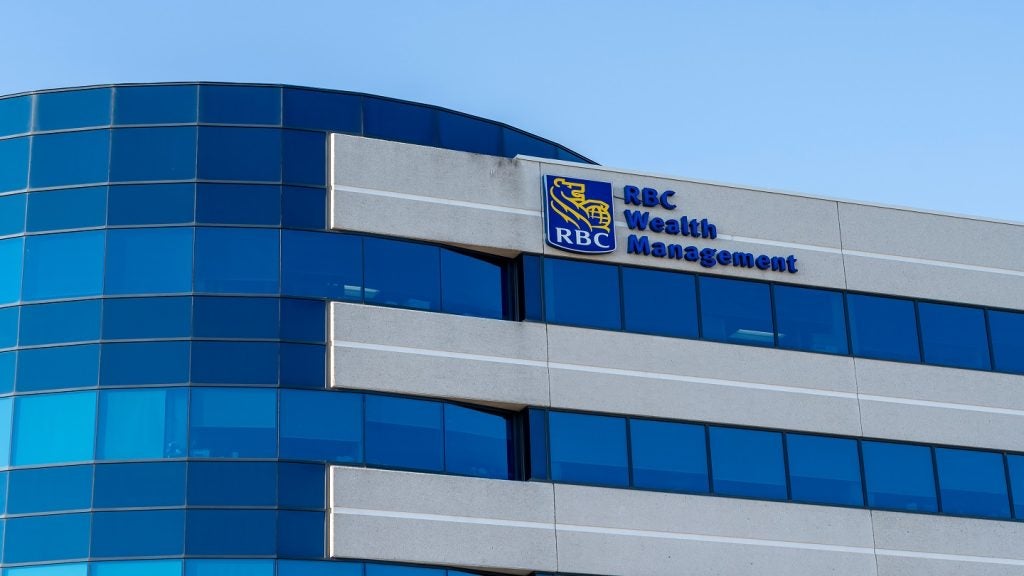
UPP Group Holdings (UPP), a UK provider of on-campus student accommodation, has finalised a £110m ($126m) sustainability-linked revolving credit facility (RCF) with Deutsche Bank.
The deal marks UPP’s inaugural foray into sustainability-linked financing, tying the cost of borrowing to the company’s progress on environmental objectives.
The RCF includes key performance indicators (KPIs) targeting carbon reduction, water consumption cuts, and biodiversity net gain across UPP’s 35,000-room portfolio. These KPIs reflect UPP’s allegiance to enhancing sustainability within existing assets and future developments.
Deutsche Bank, established in sustainable finance, has committed to raising €500bn in sustainable finance by 2025. The bank’s initiatives include creating a Nature Advisory Panel and joining the Ocean Risk and Resilience Action Alliance (ORRAA) to integrate biodiversity and nature considerations into its financial offerings.
UPP Chief Investment Officer Simon Boorne stated: “I’m delighted to have completed this financing that is integral to furthering UPP’s growth ambitions sustainably. This marks our first sustainability-linked financing, which reinforces our corporate commitment to enhancing the sustainability of our existing portfolio and to deliver new accommodation schemes that will have sustainable development as a key tenet of the transaction.”
Dmitry Buyanovsky (Vice President, FIC Rates, CSS ICE) shared: “We are delighted to have been able to provide UPP with this Sustainability-Linked Loan. This transaction showcases Deutsche Bank’s presence in the market and growing footprint working with public institutions.”
Oyumaa de Jong (Vice President, ESG Solutions, FIC) added: “One of UPP’s ESG targets is focused on delivering on the UK’s new Biodiversity Net Gain regulation, which is one of the first of its kind. UPP is exceeding BNG: instead of focusing purely on new housing developments, they intend to increase biodiversity across their entire portfolio.”
This innovative funding aligns with UPP’s vision to prioritise sustainability while addressing the growing demand for eco-friendly student accommodation.







